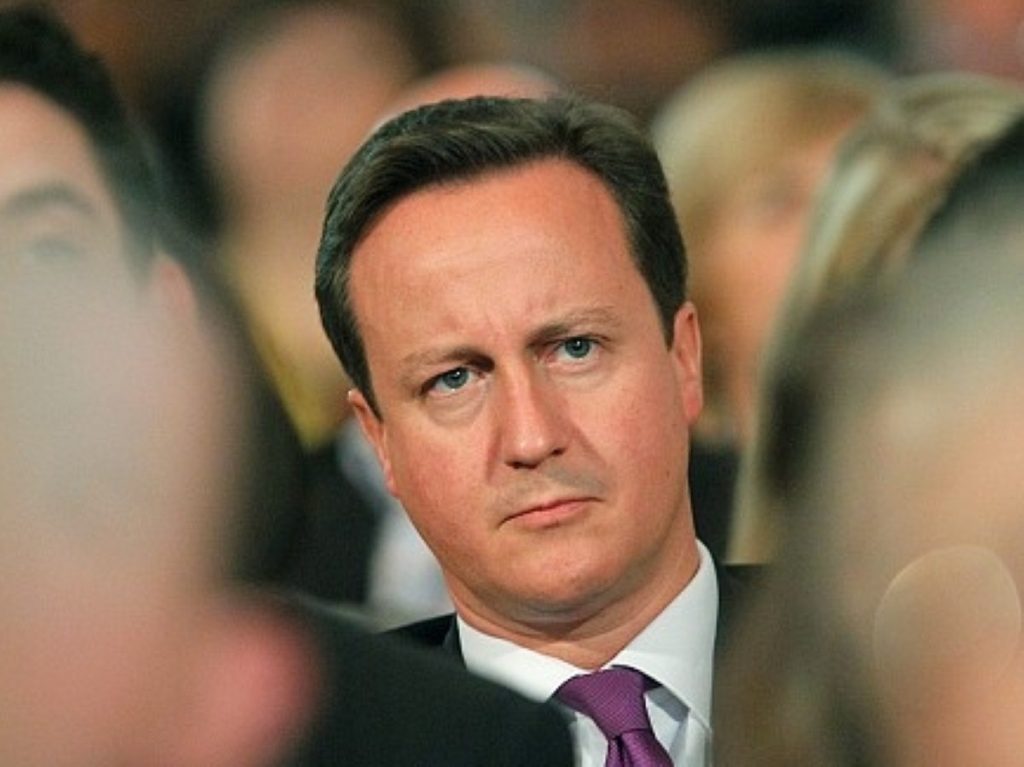Cameron worried by faltering UK confidence
By Alex Stevenson Follow @alex__stevenson
David Cameron has appealed for an improvement in Britain's outlook, saying he wants the country to get "our confidence back".
The prime minister said he had detected a "general feeling that maybe our best days as a country are behind us" in an interview with Big Issue magazine.
He blamed the expenses scandal, the financial crisis and "this whole disgraceful and sorry episode of phone-hacking" for having shaken confidence in Britain "to the core".


"There's a sense that the rich and the powerful – politicians, bankers, the press and the police – have been serving themselves, not each other," Mr Cameron said.
"Add to all that the way the world is changing, with the rise of new powers like China and India, and I think there’s a general feeling that maybe our best days as a country are behind us."
Business secretary Vince Cable acknowledged yesterday that consumer confidence is a real problem threatening the economic recovery.
GDP growth has been broadly stagnant in the last nine months. Figures for the second quarter of this year are released tomorrow.
"I want us to be a country – and a people – which has our confidence back," Mr Cameron added.
"Institutions that are beyond reproach, that serve the public not the other way round. Big citizens who feel in control of their destiny. An economy which is innovative and creative, where prosperity is shared. A Britain that believes in itself."
A big part of the prime minister's solution to the problem is by building the 'big society', which has yet to be fully understood by voters.
"I really do believe we’re all in this together and that we have obligations to our community and our country," Mr Cameron said.
"And the 'big society' is about trying to create a culture where people ask 'what more can I do?', either individually or collectively, to make our country stronger, and our relationships and experiences richer."
He said it involves devolving power to the lowest possible level, allowing charities and social enterprises to compete for public service contracts and encouraging more volunteering and social action.












